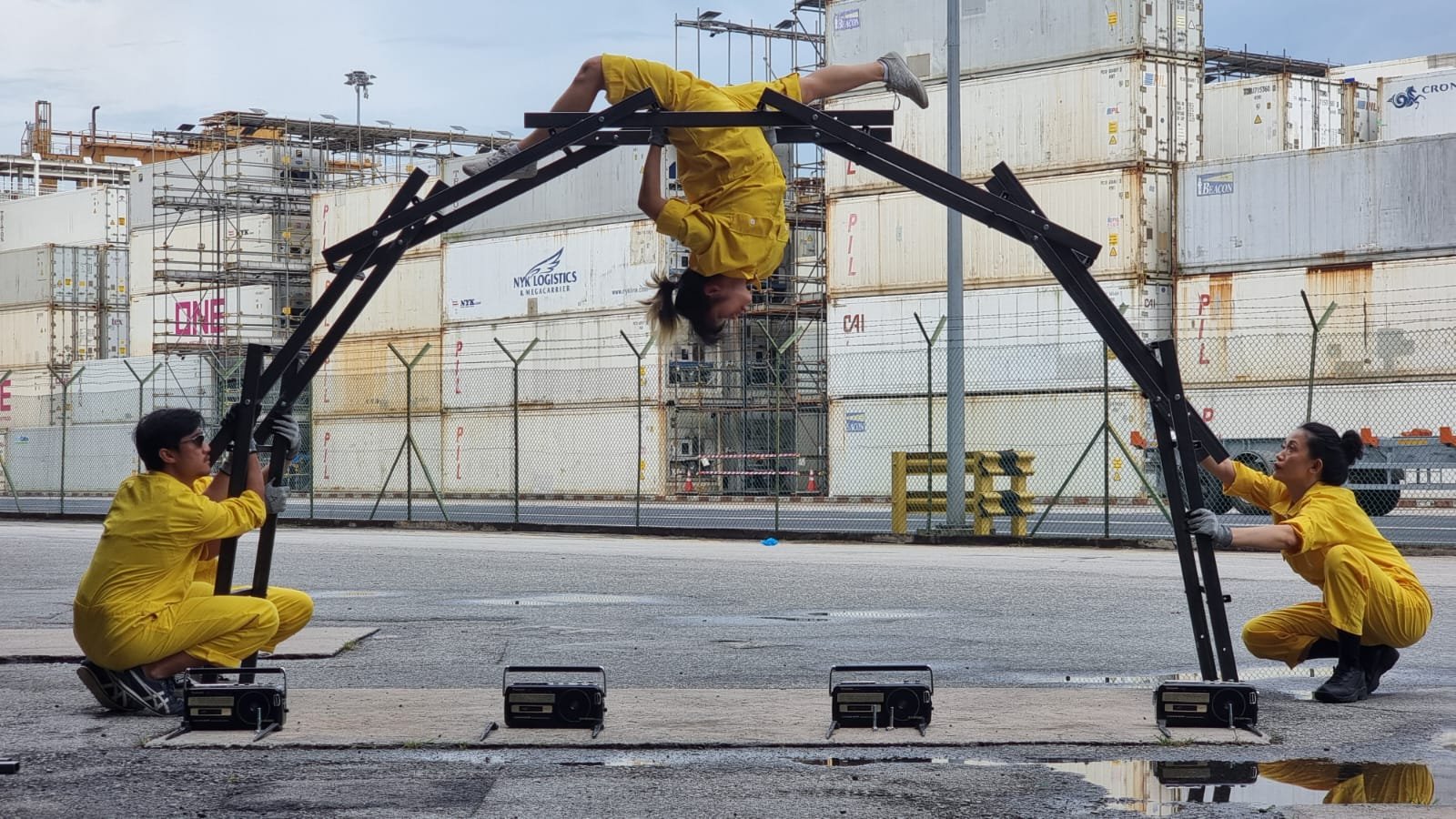Whew. That was a long hiatus, wasn’t it? While I haven’t been posting here, I’ve been writing all the same – and, more recently, compiling resources about an urgent movement close to my heart.
I’m trying to make a more conscious effort to commit to the discipline of writing and responding this year, particularly as a public act. To that end (or beginning!), I’ve revisited my email newsletter, The Intimate Critic. You can read its updated ethos here, or read my latest response to Little Mournings by The Finger Players, the culmination of its inaugural Maker’s Project laboratory. Or you can subscribe if you’d like intense, dense, visceral writing about performance delivered to your email inbox at really irregular intervals.
I’ve also written a piece for ArtsEquator about Citizen X, the third (and final?) instalment of the ongoing Citizen trilogy helmed by Oliver Chong and Liu Xiaoyi. It was staged in late February, and in the midst of the current pro-democracy uprising in Myanmar in the wake of a violent military coup. Myanmar – a second home to me – is embedded into the bones of the writing, even if Citizen X itself isn’t about Myanmar and I don’t reference the revolution. But Myanmar is there all the same. I have been thinking about what it is we pledge citizenship and allegiance to, and how states accept or reject our claims to belonging. I have been thinking about the violence of colonial administration forced onto existing systems of governance in 1800s Burma over the course of three bloody, brutal Anglo-Burman wars. I have been thinking about interrupted and severed processes of identity formation. I have been thinking about the durability of authoritarian institutions, whether it’s the Tatmadaw or, in Citizen X, the CCP. Like the prominent Myanmar poet, activist and former political prisoner Maung Saungkha declared a few weeks ago: “Our ultimate goal is to remove the junta system from the roots.” The junta must be pulled up from the roots, right to the rot below. It must never take hold again. The people will have their country back. The citizen will not be Xed out. And in the words of ambassador Kyaw Moe Tun at the UN General Assembly: “အရေးတော်ပုံ အောင်ရမည်” (a yae taw pone, aung ya mye) / “The revolution must succeed.”
There are some resources I’ve compiled about Myanmar that you can visit. This includes a curated Twitter feed of reputable journalists and news platforms covering the revolution, and a Dropbox gathering of academic materials and texts that offer some context about the history of Myanmar, particularly its military.
Other quick updates:
I joined AcademiaSG as an assistant editor earlier this year. Together with Professor Cherian George, I organise and coordinate our Junior Scholar Seminar Series. More details about past seminars and how to apply here.
Am currently involved in the In Situ Graduate School (ISGS) jointly organised by the International Institute for Asian Studies (the Netherlands) and LASALLE College of the Arts (Singapore). Our mentor is the amazing practitioner Syafiatudina from the Yogyakarta-based Kunci Study Forum and Collective, whose work I have always admired. Over a series of synchronous and asynchronous meetings and workshops, we are/will be looking at independent art collectives and cultural networks in Asia, how they organise, how to annotate/archive them, their precarities and their durabilities. Of particular interest to me and my doctoral research is the inaugural 2019 Asian Arts Media Roundtable (AAMR) organised by ArtsEquator and the network of relationships it has nurtured among critics in the Southeast Asian region.
In conjunction with beloved Singaporean theatre company Drama Box’s 30th anniversary last year, they’re producing two edited volumes about their history and practice. I’ve contributed a chapter to each of them, forthcoming later this year. The chapters look at Drama Box’s participatory performance practices and their interactions with public space, and are essentially my MA thesis split into two parts. I’m glad that research has finally found a home!






